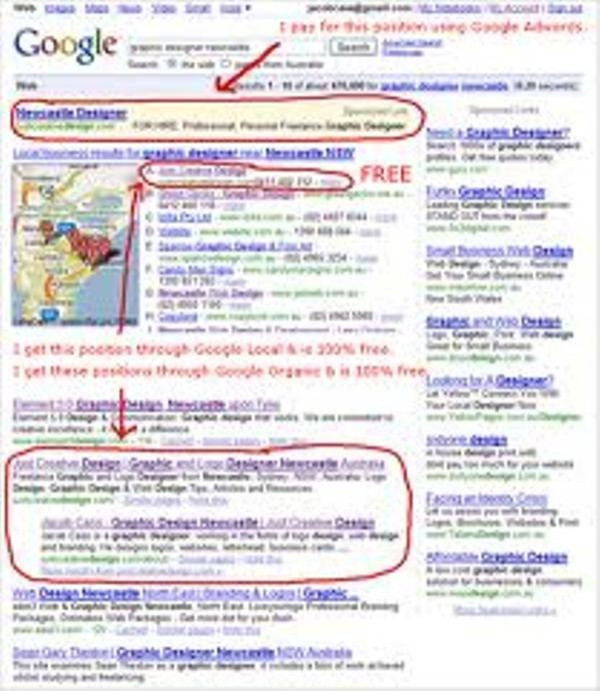Google accuses Bing of cheating

Google has accused Bing - the search engine from Microsoft -- of cheating. The accusations are the result of a sting operation undertaken by Google. Microsoft has denied the claim.
Google, on its official blog, and Danny Sullivan of Searchengineland.com have posted a detailed explanation of its sting operation. According to them it all started with the query on Tarsorrhaphy which was being entered as torsorophy by the searcher. Google’s search resulted in a spelling correction with a Wikipedia site being the top answer. (It is a surgical procedure on the eyelids).
A similar query on Bing resulted in the same Wikipedia site being the top answer with no correction of the spelling. This caused people at Google to keep a close eye on the Bing searches and they found that Bing regularly came up with the same order of URLs in search responses as Google. They could be common or uncommon searches, but the Google staff noticed that the order of URLs was often similar.
Google then carried out a sting operation. They came up with their own synthetic queries, unique words that wouldn't usually return any relevant results. Google then connected real web sites withthe search terms, even though they were totally unrelated to the query. For example, a search for 'hiybbprqag' on Google returned a page about seating at a theater in Los Angeles. Bing had the same answer for the query within a short period. The only connection between the query and result was Google’s result page.
According to the Google blog, this experiment confirmed suspicions that Bing was using some combination of Internet Explorer 8 and the Bing toolbar to find out which searches Google returns.
Microsoft immediately put up a rebuttal on their Bing blog, entitled: Thoughts on search quality. Stefan Weitz, director of Microsoft’s Bing search engine, in a statement to Danny Sullivan wrote, “As you might imagine, we use multiple signals and approaches when we think about ranking, but like the rest of the players in this industry, we’re not going to go deep and detailed in how we do it. Clearly, the overarching goal is to do a better job determining the intent of the search, so we can guess at the best and most relevant answer to a given query.
Opt-in programs like the [Bing] toolbar help us with clickstream data, one of many input signals we and other search engines use to help rank sites. This “Google experiment” seems like a hack to confuse and manipulate some of these signals.
© Copyright IBTimes 2025. All rights reserved.



















